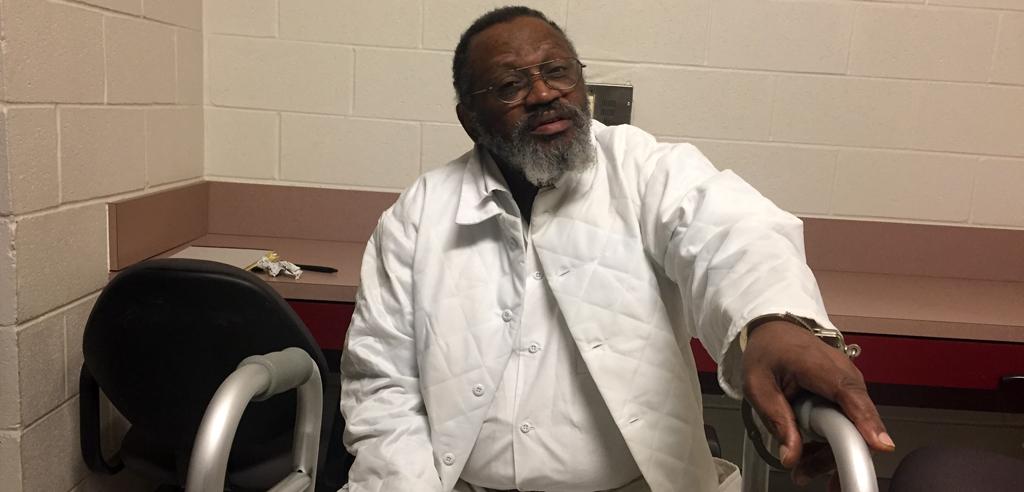The United States Supreme Court today is hearing argument in Vernon Madison’s case, which raises the question of whether he is incompetent to be executed because he has no rational understanding of the crime for which he was convicted. The Court stayed Mr. Madison’s execution in January, blocking Alabama’s attempt to execute a 67-year-old man suffering from dementia and serious mental health problems following multiple strokes. Mr. Madison is legally blind, incontinent, cannot walk without a walker, speaks with slurred speech, and has no memory of the crime or the circumstances that brought him to death row.
Mr. Madison has long suffered from mental illness but when he became extremely confused and disoriented, told his lawyers he was going to move to Florida, and could no longer remember his crime, concerns about his competency were raised. Experts agree that Mr. Madison’s vascular dementia is likely the result of several strokes he experienced in 2015 after he had been held in solitary confinement on Alabama’s death row for 30 years.
Mr. Madison was convicted of the shooting death of a Mobile police officer in 1985. His first trial was overturned after reviewing courts found that the prosecutor had engaged in intentional racial discrimination during jury selection by excluding Black people. Mr. Madison, who is Black, was tried a second time, convicted, and sentenced to death. Courts again found that prosecutors had engaged in misconduct and illegally convicted him.
After a third trial, Mr. Madison was convicted but jurors sentenced him to life imprisonment without parole. An elected trial judge overrode the jury’s verdict of life and imposed a sentence of death. After recent Supreme Court rulings, the Alabama legislature barred the practice of overturning jury life verdicts in 2017 but did not apply the new law retroactively.
After Mr. Madison was scheduled for execution in 2016, a federal appeals court found that he was incompetent to be executed because he had no rational understanding of the crime for which he was convicted. The court held that executing a person currently suffering from dementia would be cruel and unusual punishment. The Supreme Court overturned the lower court ruling in 2017 and declared that a federal court in a habeas proceeding is not authorized to make a decision about the unresolved question about whether dementia qualifies as a basis for barring an execution under the Eighth Amendment.
EJI director Bryan Stevenson argued the case before the Court, which now squarely faces the question of whether dementia qualifies as a basis for finding a person is not competent to be executed. He concluded his argument by reminding the justices:
“The 8th Amendment isn’t just a window. It’s a mirror. And what the Court has said is that our norms — our values — are implicated when we do things to really fragile, really vulnerable people. … Dementia in this case renders Mr. Madison frail, bewildered, vulnerable, in a way that cannot be reconciled with executing him because of his incompetency.”

